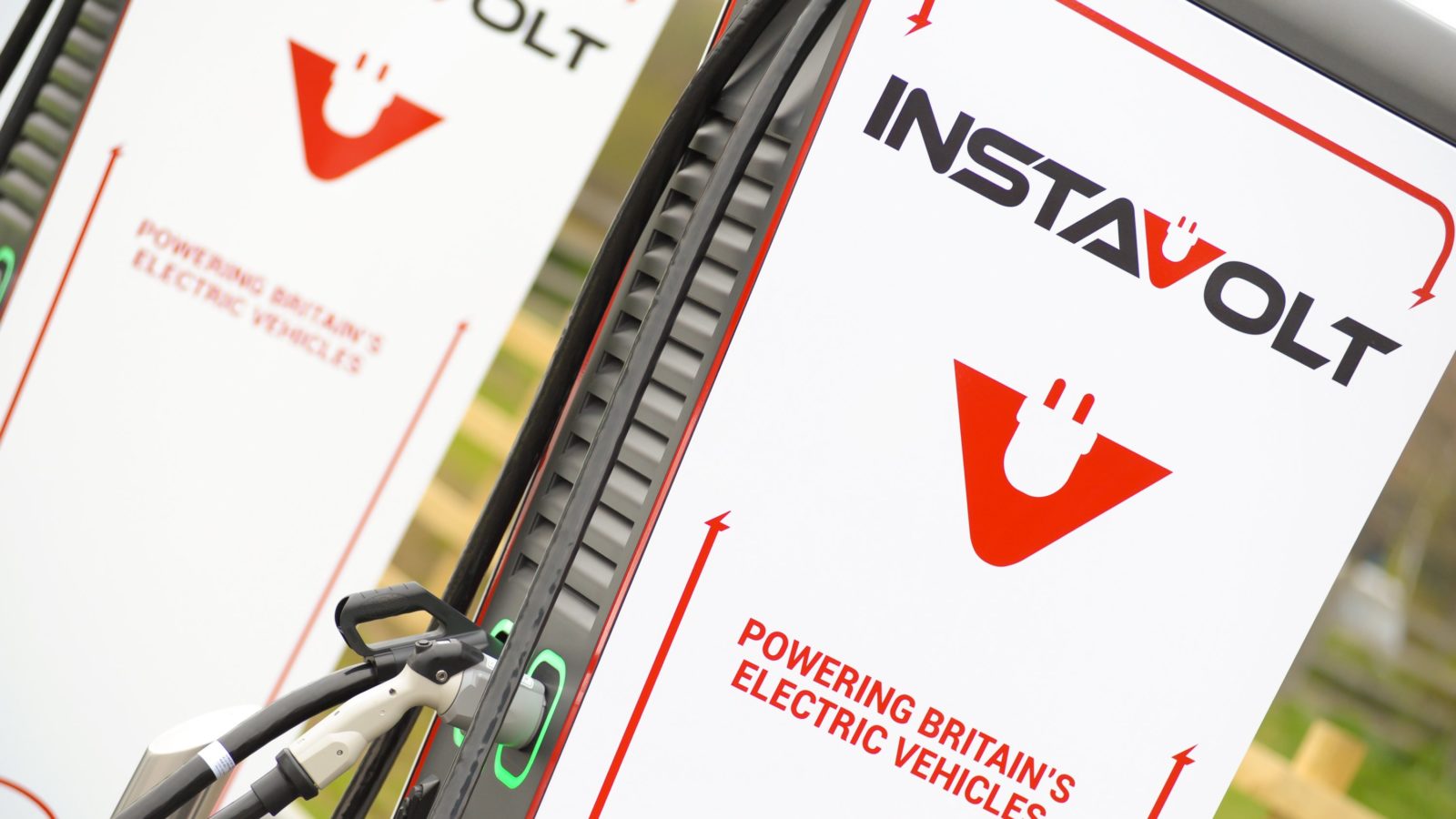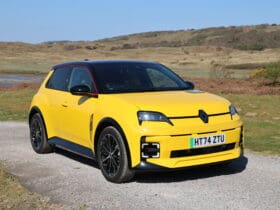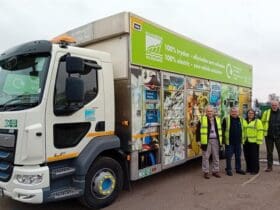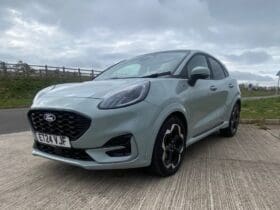EV charging network InstaVolt is raising its price 15.7% to 66ppKWh from Monday.
The rise applies to all payment types and the company says the steep rise is due to the enforced 20% VAT rate on public chargers compared to just 5% levied on domestic points.
Other public point providers are expected to follow suit as the electric supply industry faces enormous increases this autumn.
“As has been well documented, the global cost of energy is at a record high. As a responsible business committed to the continued investment in the UK’s public charging infrastructure, we’ve taken the difficult decision to pass on some of these costs to consumers.” it said in a note to subscribers.
It also said the higher VAT rate is discriminating against those without access to home charging.
“Should there be any movement in the agenda of reducing VAT on home energy bills, we would urge the government to include public charging within this.
“We reiterate our commitment that if the public charging rate is reduced, the benefit will be passed back to consumers immediately. For example, if the public charging VAT rate was reduced to 5%, our price would be 58p per kWh.”
Other public charging providers are expected to follow suit and raise their costs in coming weeks, which will be a further blow to increasing electric vehicle sales and greening the environment.
Earlier this summer the Government ended the grant for PHEV cars and vans, which was always a dubious concession for petrol and diesel engined models and it has cut back on the grant for EVs as well.
The new car market has stalled and with rising costs looming this autumn and winter it’s unlikely to pick up as motorists look to delay buying while facing higher costs of living.
The UK’s used car market has fallen -18.8% in the second quarter of 2022, with 1,759,684 transactions, according to the National Franchised Dealers Association.
The first 6 months of the year see transactions down -8.3% and -12.8% on pre-pandemic levels in 2019.
This time last year in 2021, SMMT recorded the busiest period since records had begun, as a result of COVID restrictions being eased, in turn artificially inflating used car demand.
Used battery electric vehicles (BEVs) saw an impressive 57.1% growth, doubling its market share to 1%. Plug-in hybrids (PHEVs) experienced 1% growth whilst hybrids (HEVs) declined by -4.0%.
Petrol and diesel continued to dominate the vast majority of used sales, with 1,682,280 transactions at 95.6% of the market share.
CEO of the NFDA Sue Robinson said, “Battery electric vehicles increased by 57.1%, but still represents a very small segment of the market. Franchised dealers will continue to advise customers on the best car for their needs, particularly in the face of industry supply issues and an increasing cost of living.”
“The NFDA expects used car values to remain strong as the supply of good quality used cars are still lower than normal. Current new car volumes are restricting the number of part-exchange vehicles reaching the market that would normally help supply dealer forecourts, and at the same time some consumers needing a car quickly are turning to the used car market to source their next vehicle.”









Leave a Reply
View Comments